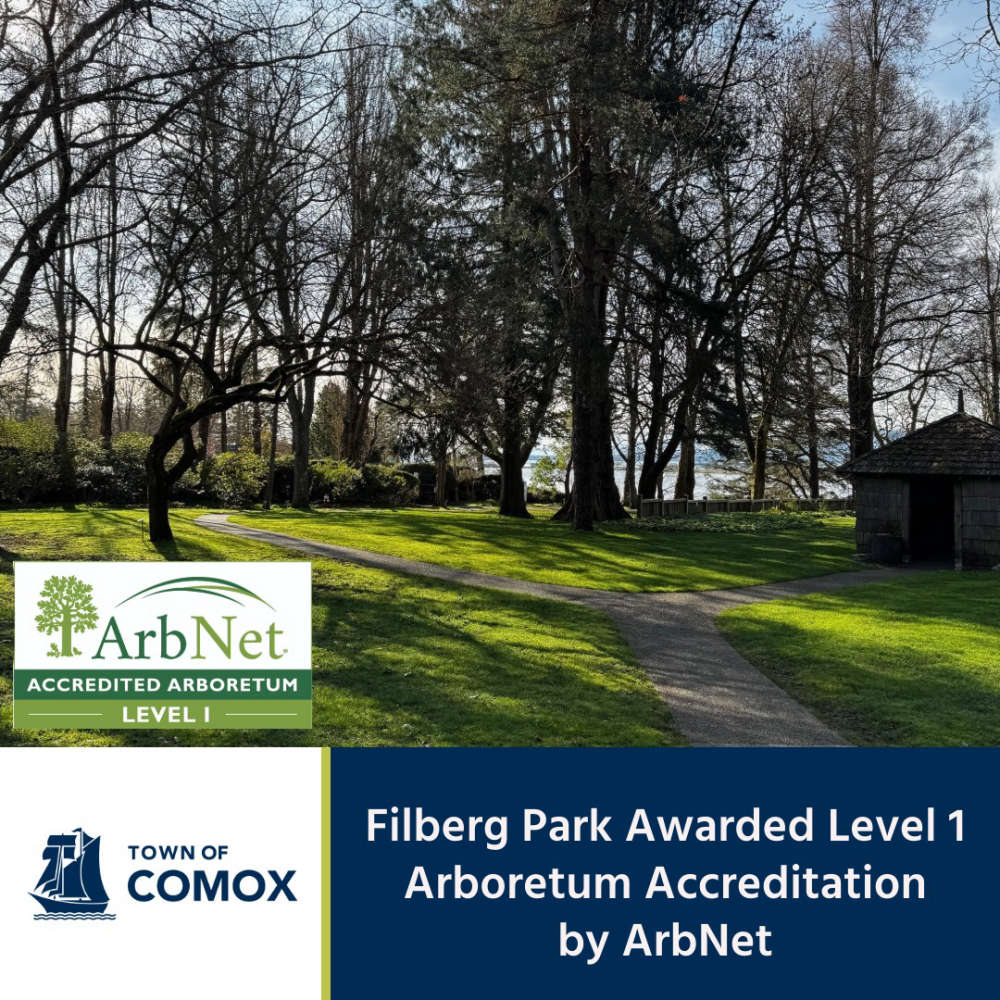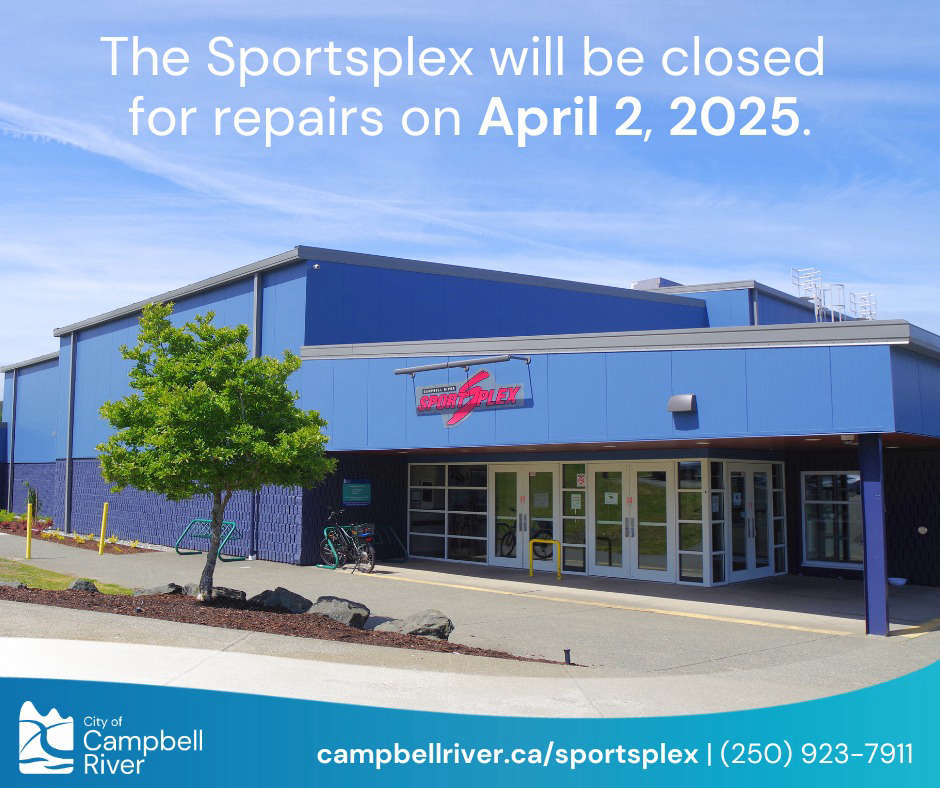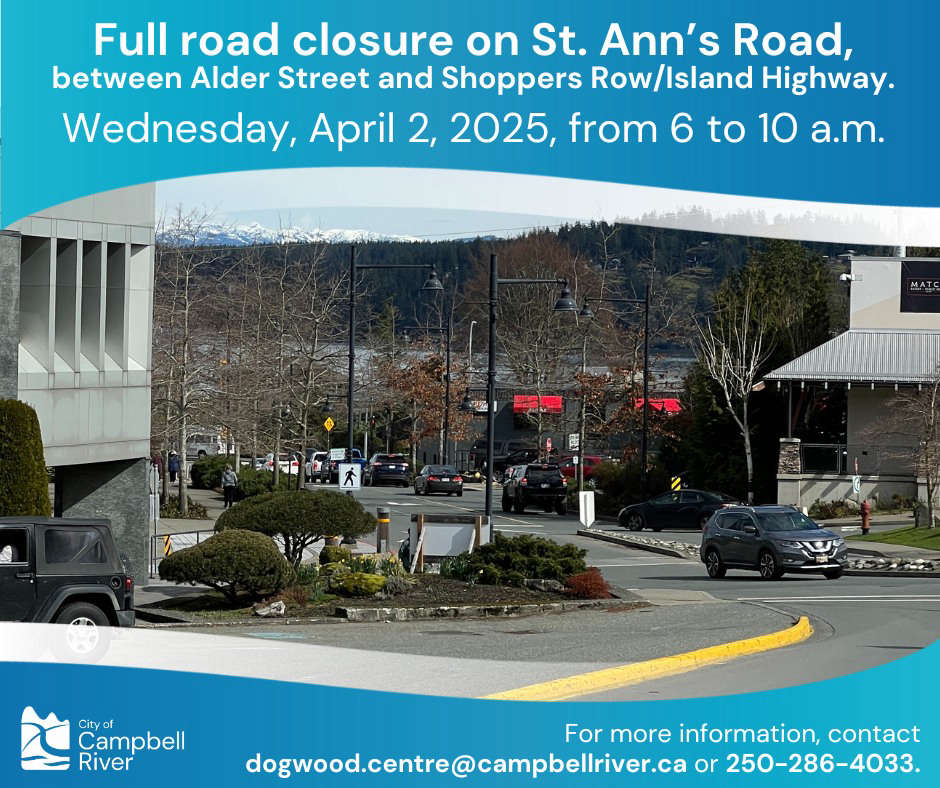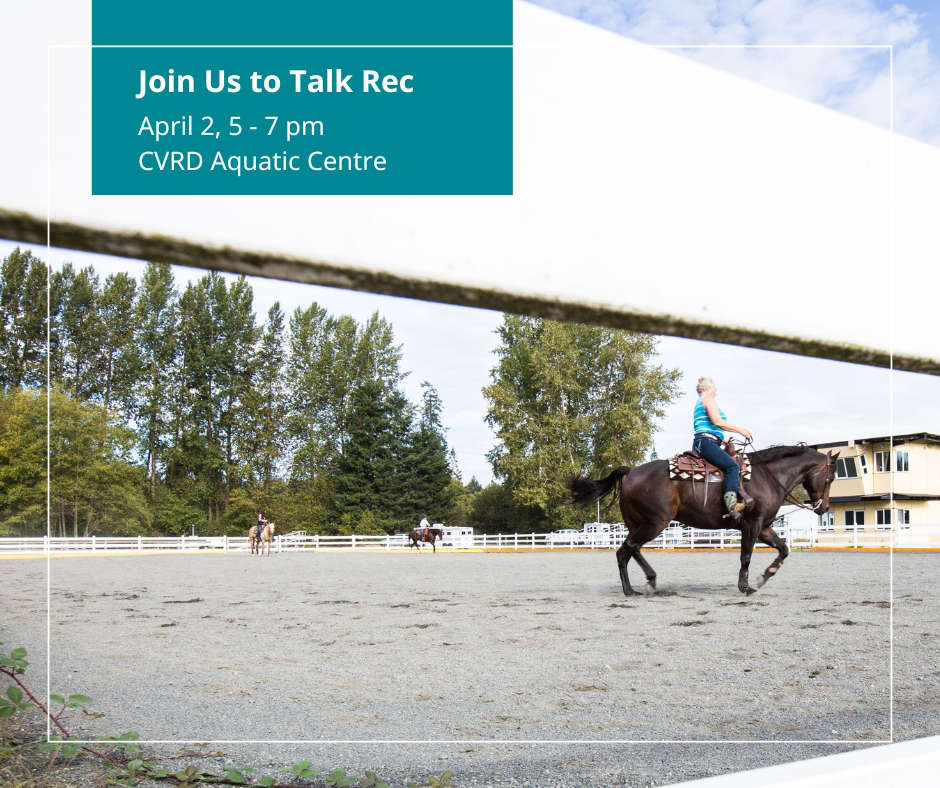
The province continues to expand on items from the 2024 budget, saying seniors will be better supported to age safely at home thanks to community-based investment, and the recruitment and retention of more health-care workers.
“As B.C.’s population grows and ages, it is imperative that we continue to ensure people throughout the province have timely access to the health-care services they need closer to home,” said Adrian Dix, Minister of Health.
“That’s why we are expanding home health and community-based services for seniors and supporting them to age safely with dignity and independence in the comfort of their homes. At the same time, we are strengthening other areas of our health-care system, so patients continue to benefit from the highest quality of care.”
The senior population in B.C. continues to grow, from 17.7% in 2017-18 to 19.6% in 2023-24. It is expected that 21.7% of people in British Columbia will be 65 and older by 2035.
The budget includes more than $354 million over three years in both community-based seniors’ services and home health services to support more seniors to live safely in their own homes longer.
$227 million is being spent to add more health-care workers to the workforce; more than 900 new health-care providers over three years - nurses, social workers, physical therapists, occupational therapists and home-support workers.
$127 million will be invested to expand non-medical services, including assistance with day-to-day tasks, and programs that help keep seniors physically active, socially engaged and connected to their communities.
Better at Home, a community-based program funded by the provincial government and managed by United Way BC, provides seniors with access to non-medical home support services such as grocery shopping, light housekeeping, light yard work, snow shoveling, minor home repairs, transportation to appointments and friendly visiting to help people stay independent longer in their own homes and connected to their communities.
There are currently 93 Better at Home programs in B.C. serving 260 communities, including First Nations communities.
To learn more, visit Government of British Columbia.

 Filberg Park Awarded Special Accreditation
Filberg Park Awarded Special Accreditation
 Sportsplex Closed Wednesday For Repairs
Sportsplex Closed Wednesday For Repairs
 St. Ann’s Road Closure Today
St. Ann’s Road Closure Today
 Strathcona Regional District Approves 2025-2029 Financial Plan
Strathcona Regional District Approves 2025-2029 Financial Plan
 Comox Valley Talks Recreation
Comox Valley Talks Recreation
